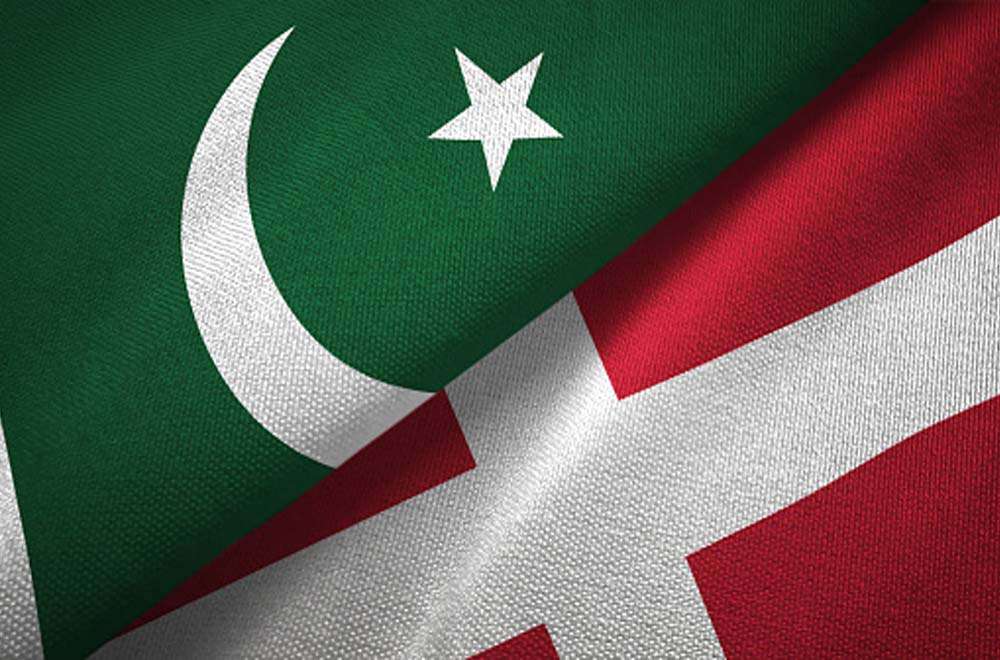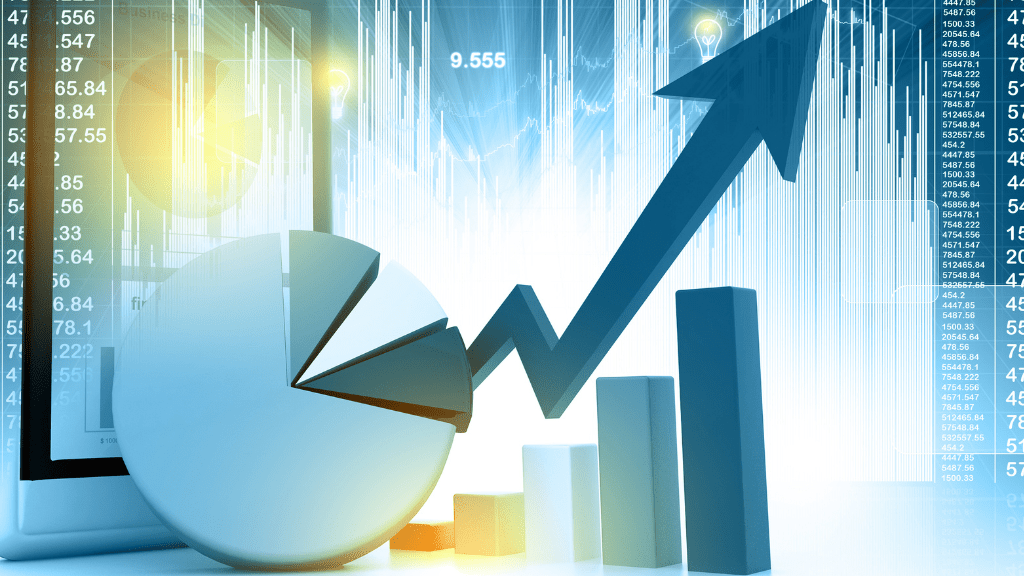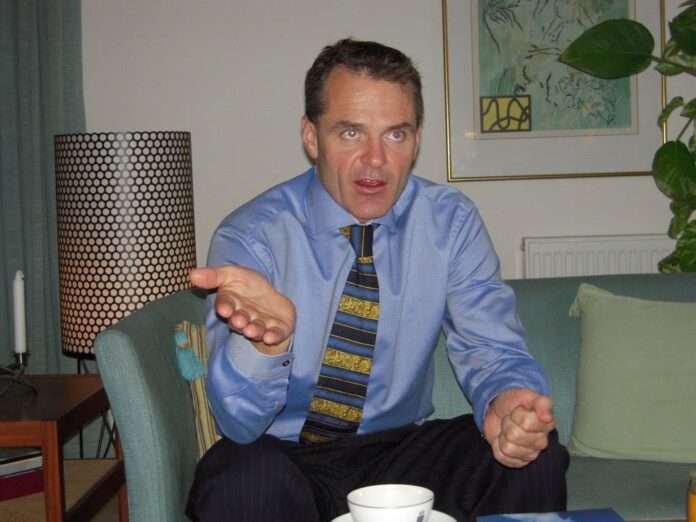Q: Excellency, would you please outline the importance of exploring ways and means to further expand and diversify the mutually beneficial relations?
Ans: During the last five years the Danish Embassy in Pakistan has evolved quiet significantly. We have started “Development Assistance Programme” in 2010 and 2013 in Pakistan and both have socio-economic multiplier effects. The Danish-Pak bilateral relationship has expanded considerably over the last couple of years through increased development cooperation, humanitarian assistance, stabilization efforts and trade. Denmark has now further expanded its cooperation with Pakistan.
Since 2012, Pakistan has been part of “stabilization” program with regional partners supporting its efforts in different sectors. The Danish Embassy has been rigorously engaged with different people, businessmen, investors and industrialists in Pakistan through its active public diplomacy which is now paying its dividends. We reached out to people to showcase what, why and where we are doing some programs/projects in Pakistan.
It has been important to me to be the Danish Ambassador to all of Pakistan; I have been traveling to many places, for instance Lahore, Karachi, Multan, Faisalabad, Peshawar and Sialkot. I have met with the youth, minority groups, business delegates, government officials, investors and Chambers of Commerce representatives for exploring new opportunities and common grounds to foster the bilateral relations.
We established trade/commercial section in the Embassy in December 2013. We are supporting different interested Danish private companies investing in the country. We are supporting transfer of knowledge as well as technology, greater socio-economic integration and rigorous commercial diplomacy to generate more and more money for achieving better education, water purification, clean drinking water and health. Moreover, we have also started new culture and media development programmes in the country which are the two main components of our overall development assistance program.
Going forward, we would like to build on all of these different avenues for further strengthening our bilateral ties.
Q: Denmark has immense expertise in agriculture, agro-economy and dairy industry. What are the chances of cooperation in these sectors?
Ans: As you say we have great potential in agriculture and dairy sectors and like Pakistan, Denmark is also an agriculture country having expertise in dairy products being one of the largest exporters of dairy products in the world. Although now we have very few farmers in Denmark but we produce food to three times the size of Denmark’s own population. The Danish farmers pay much attention international standards of food safety which is also why people are ready to buy Danish products even on comparatively higher prices.
Pakistan has abundance of milk, cattle and cheaper labour which could achieve optimal level of agricultural development by using modern technologies. So, I see a healthy scope of agriculture and dairy joint ventures in the future.
Q: Denmark has compartment advantage in alternative energy resources/production. What is the scope of energy cooperation and collaboration in the days to come?
Ans: Danish companies are global leaders in green energy and energy efficiency. In these areas, Denmark has something to offer Pakistan, which is facing a serious energy challenge. We have started a dialogue with Danish businesses about these opportunities in Pakistan.
Denmark is especially strong in wind energy. This position was achieved through constant investments and environment-friendly policies for so many years in Denmark.
Denmark was able to produce 54 percent of its total power consumption through renewable energy in 2013, which was an impressive performance as it used to be dependent on energy from the outside world. Politically, Denmark has committed itself to be a fossil free nation by 2050.
We have supported Danish companies to invest in Pakistan in wind energy sector. The Danish company, Vestas, has signed Memorandum of Understanding (MOUs) with the provincial governments of Punjab and Sindh. We have support Vestas’ entry into Pakistani market, and I have no doubt that it will pay dividend in the years to come.
Q: What are the potential areas/sectors of future cooperation for the Danish Companies?
Ans: Energy cooperation, especially renewables (wind), energy efficiency production and supply technologies, efficient water pumps for smooth and easy supplies, agriculture, health, primary education and the last but not least insulation products (manufacturer of energy efficient, thermal and acoustic materials) are some of the areas with great potential for Danish companies.
In Pakistan traditionally homes are mostly made of blocks/bricks without using any insulation materials which are not energy efficient. Only the newest constructed houses have that. In case of Denmark every house has the best insulation products which reduce the energy consumption significantly.
Danish water pumps are world famous for its efficiency and customer-friendly utilities. Countries in the developing world have acute shortage of water, and Pakistan is a good example due to the growing population and diminishing water resources. More than 50 percent water is wasted due to inefficient means of production and supply.
Health is another area which has significant potential for the Danish private sector. We already contribute many good things in the health sector of Pakistan.

Q: Trade volume between the two sides is not up to the mark. What steps need to be taken to foster the volumes of bilateral trade in the future?
Ans: Denmark-Pak bilateral trade improved from $74.10 million in 2002-03 to $250.2 million in 2010-11. It achieved new heights during 2013-14 i.e. 450$ million. Although this is not bad but it could be significantly more. Further strengthening of energy cooperation, water technology, agriculture, dairy and pharmaceuticals from Danish side and Pakistan’s greater textile exports after the grant of Generalized Scheme of Preferences (GSP) Plus status by the European Union would foster the bilateral trade volumes in the days to come.
Q: What is the outcome of first ever Danish Business Delegation in the country? Do you feel satisfied with the current development?
Ans: Last year the first-ever Danish Business Delegation visited Pakistan and seven Danish private companies actively participated in it. Three Danish companies, which were part of this delegation tour, have now started business in Pakistan.
What is the importance of your Year Development Program in the country and its main sectors and beneficiaries?
Pakistan is a development cooperation partner. The current programme amounts to US$ 50 million, and it runs until the end of 2016. The overall objective of our Development Assistance is poverty eradication. We work on areas such as education, socio-economic uplift, gender development and have a youth focus. For instance, we are cooperating with Pakistan Human Right Commission and Pakistan Institute of Legislative Development and Transparency (PILDAT) in different sectors mainly election reforms and human rights. Most of these projects are implemented through Pakistani NGOS.
Our large contribution in education goes through the United Nations International Children’s Emergency Fund (UNICEF).
Culture and media development programs are also started with human right/gender based approach. These programs/projects are implemented with the support of Pakistani NGOS, civil society, and United Nations International Children’s Emergency Fund (UNICEF) (the best carrier of education projects in Pakistan). We are cooperating with Pakistan Human Right Commission and Pakistan Institute of Legislative Development and Transparency (PILDAT) in different sectors mainly election reforms and human rights.
Through the European Union, we also support election reforms and technological/vocation education programs/projects. Denmark is also very active member of many of the UN organizations. For instance, we are the third largest donor to World Food Organization (WFO) which has a very active presence in Pakistan.
Q: Would you please outline the importance of media support program?
Ans: We have recently launched two new programs: A media support program and a cultural program. The media support program is implemented and supervised by International Media Support (IMS).
Along with other organizations it also submitted its proposal and we selected it. It has worked in Pakistan since 2010 to further the safety and professional skills of journalists. The organisation has over a decade of experience in media development in countries undergoing political transition or affected by armed conflict.
The main focus in on capacity building measures through conducting of different seminars and workshops. It trains journalists how to behave in the war-zones and endangered times.
It would improve the skills and safety of journalists in different parts of the country enabling media stakeholders to produce a consensus code of conduct for the entire sector based on international standards.
It would enable the Pakistani media to keep up with the growing demand for professional journalism and access to reliable information. It would help improve the conditions for professional journalism in order to strengthen the role of the media in some of the most remote and difficult areas in the country.
Q: What are the main objectives of your culture development programme?
Ans: The two-year culture development programme is being implemented by the Danish Centre for Culture and Development (CKU) in collaboration with national civil society organisations in all four provinces of Pakistan, as well as FATA and Gilgit-Baltistan. The total size of the programme is $3.7 million.
The programme consists of three components: empowerment of people through active participation in art and cultural activities; enhancement of economic growth through creative industries; and promotion of intercultural dialogue and intercultural collaboration at national, regional and international levels.
The programme will focus on supporting ethnic and religious minorities, as well as women, youth, local artists and artisans, entrepreneurs and civil society organisations by providing larger access to art, culture and creative industries and public-private partnerships.
By launching cultural development program we have no intention of imposing Danish art, culture or music to Pakistan. Pakistan has its own unique traditions, culture, history, heritage and music, which we aim to build on. Also here, the focus is on catalysing peaceful social transformation, sustainable development and economic growth through initiatives that empower artistic expression and enable creative entrepreneurship need to project by providing a right platform.
I certainly, also hope that with this program we will have a great platform to increase intercultural cooperation between Denmark and Pakistan.

Q: Would you please elaborate the socioeconomic prospects of Denmark in 2015?
Ans: The overall socio-economic prospects of Denmark are healthy and positive. Like the rest of Europe, Denmark has been passing through difficult economic times in the past five years. But now, its macro-economy is picking-up, the desired momentum of socio-economic growth and it is heading towards better times. We expect 2 to 2.5 percent of GDP during 2015 which for Denmark is a good sign. Unemployment ration is around 4.5 percent being one of the lowest in the EU. Inflation is very low which provides stability to its macro-economy.
Q: Would you please shed light on the salient features of your foreign policy?
Ans: Denmark as an independent country pursues an active foreign policy combining Danish core values of democracy, human rights and the rule of law with a willingness to play a constructive role. Based on these values, Danish foreign policy aims at increasing international security and stability, ensuring the greatest possible economic progress and prosperity and promoting the respect for democracy, human rights and good governance.
A balanced military, humanitarian and civilian approach is part of Danish foreign policy. Denmark’s development assistance per capita is among the highest in the world. For decades, Denmark has contributed 0.7 percent of BNI or more to development aid, which is the international target. Denmark has also been active in deploying peacekeeping forces to conflict areas around the world.
Globally, multilateral cooperation is one the main components of Denmark’s foreign policy not only as a way of promoting Danish priorities, facilitating dialogue among nations and collective solutions. Denmark works actively and in a constructive manner through international organisations such as the EU, NATO, the UN and the WTO, which are at the core of Denmark’s international engagement.
Q: What is the secret of a small, happy and prosperous Denmark?
Ans: Denmark has been consistently ranked high on the Human Development Indexes (HDIs), global competitiveness even happiness for many years. It has also been rated among the best in so many published reports of World Bank and IMF.
Believe in simple and pure humanity and human values, diversity, respect for others, equality, gender equality, and talent irrespective of caste, color, association, religious background and ethnic realities are main pillars of Denmark’s people happiness, peacefulness, and harmonious attitudes.
Q: H.E. what is your message to people of Pakistan?
Ans: Pakistan is an important country in an important region. What happens in Pakistan has consequences not only for the people of Pakistan or for the people of this reason, but may also have consequences for us in Europe. These can be negative or positive. It is in our interest as Denmark to support those forces in Pakistan, who want to pull this important country in a right direction. Stronger partnerships in areas such as culture and business will further strengthen the bilateral relations in the days to come.





